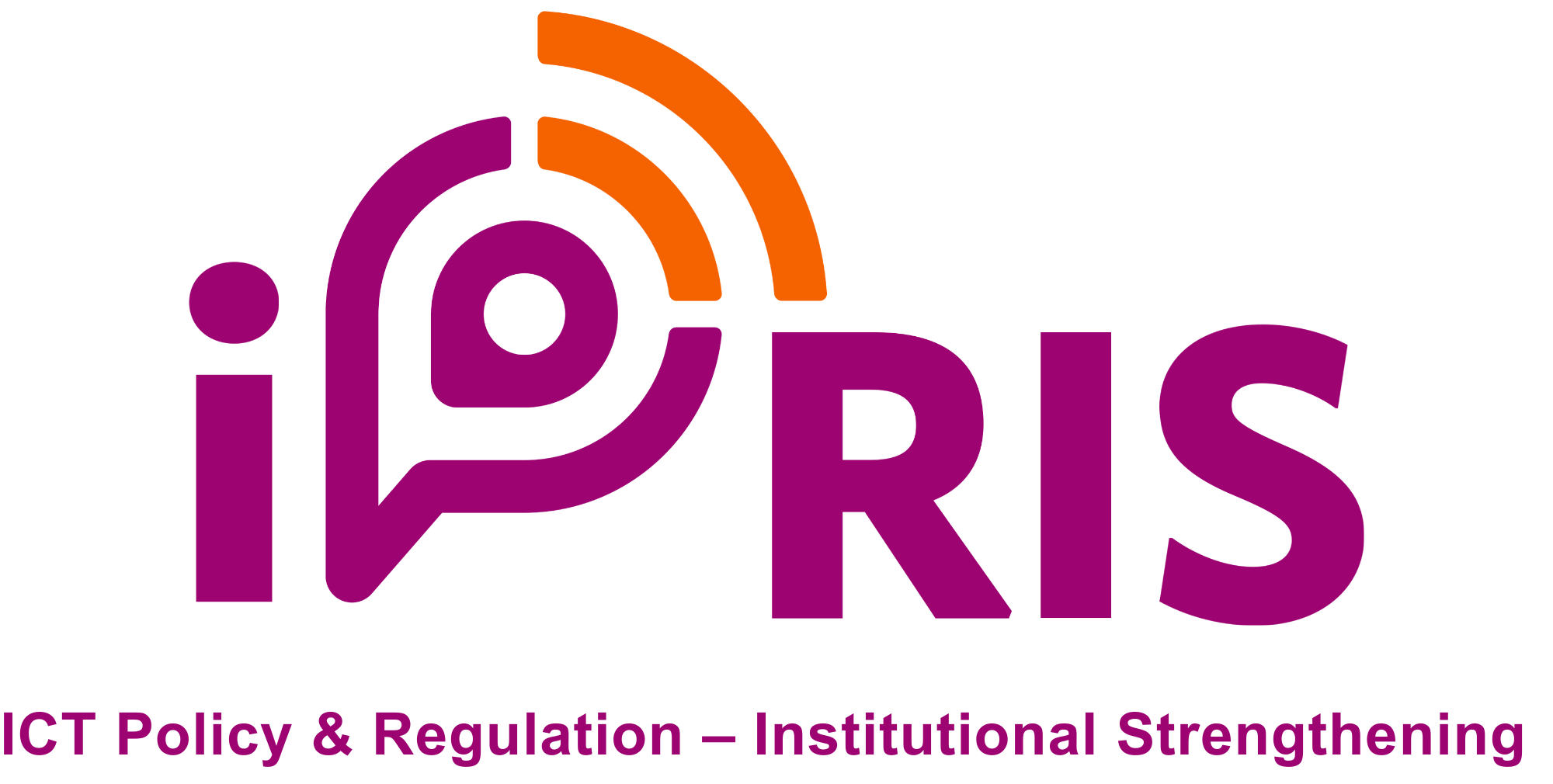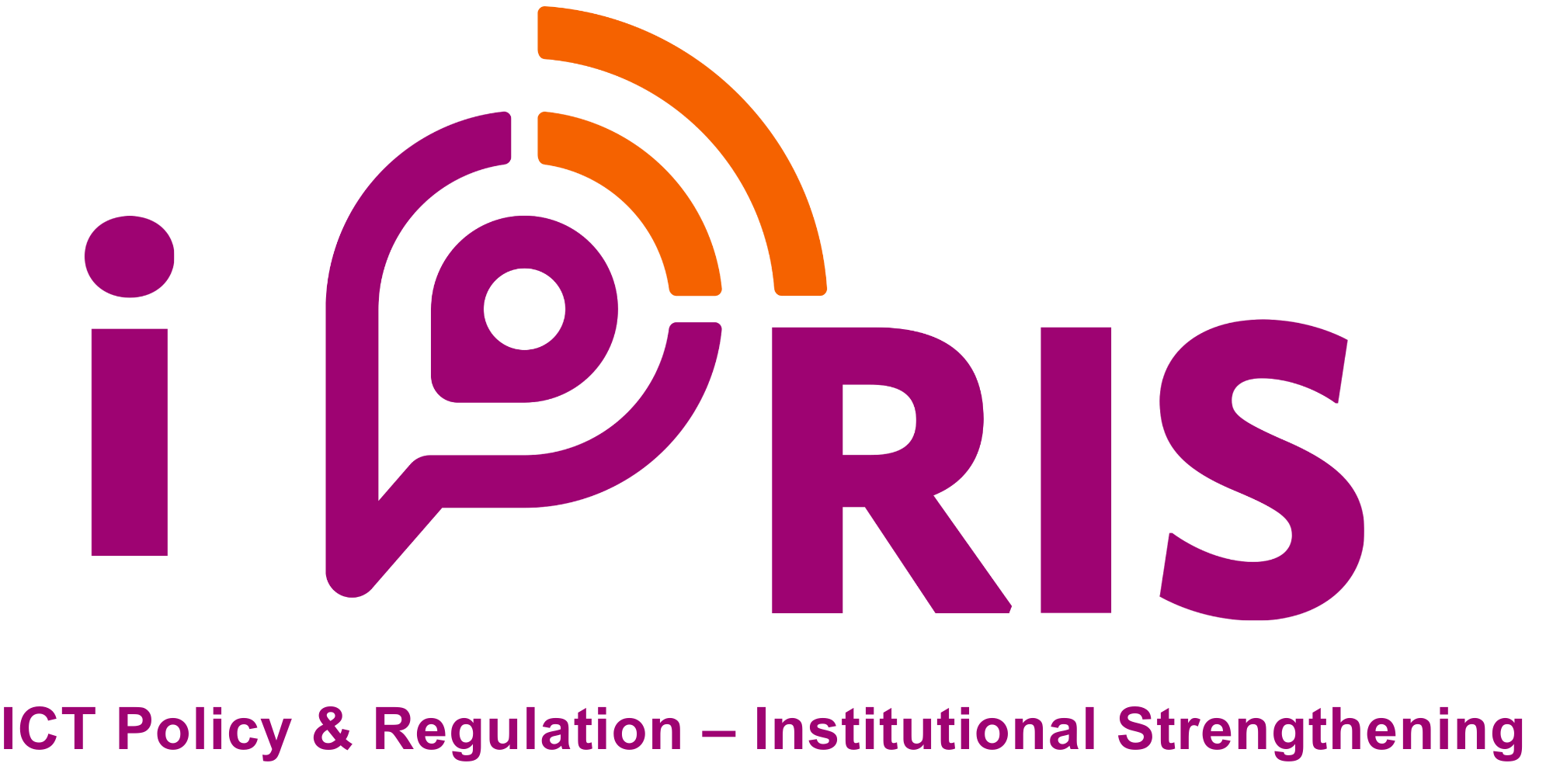[et_pb_section fb_built="1" admin_label="section" _builder_version="4.16" global_colors_info="{}" theme_builder_area="post_content"][et_pb_row admin_label="row" _builder_version="4.16" background_size="initial" background_position="top_left" background_repeat="repeat" global_colors_info="{}" theme_builder_area="post_content"][et_pb_column type="4_4" _builder_version="4.16" custom_padding="|||" global_colors_info="{}" custom_padding__hover="|||" theme_builder_area="post_content"][et_pb_code _builder_version="4.23.1" _module_preset="default" global_colors_info="{}" theme_builder_area="post_content"][/et_pb_code][et_pb_text admin_label="Text" _builder_version="4.16" background_size="initial" background_position="top_left" background_repeat="repeat" global_colors_info="{}" theme_builder_area="post_content"]
Alexandra Högberg from SPIDER Center interviewed Obioma Benson Kekeocha - Principal Manager, Nigeria Communication Commission (NCC), along the sidelines of the Sweden 2023 phase. In this interview, Obioma Benson Kekeocha weighs in on competition, diversity, equity, and inclusion.
This interview has been edited for clarity and readability.
Alexandra Högberg: Could you please introduce yourself?
Benson Kekeocha: My name is Benson Kekeocha, I work with Nigeria Communications Commission.
AH: How can regulators contribute to the advancement of the ICT sector in Africa,
BK: Regulators in Africa will contribute to the advancement of technology in Africa by ensuring that the policies in their respective countries is such that contributes to the enhancement of technologies. For instance, now that where we are moving towards the new digital era, regulations should be such that is open, that should be kind of develop regulations which ensure that our regulations are such that will not stifle competition, will not stifle innovation, but we enhance development and innovation of the sector. So what we'll do right now is to ensure that all our regulatory instrument are such that if they are not in line they should be reviewed to accommodate issues that will encourage and develop the industrial.
AH: What specific challenges does your country/region face in the current global telecommunication landscape? And how will your change initiative address this?
BK: We have a couple of challenges with respect to the delivery of telecom services. There's so many challenges that ranges from right of way issues, power issues, to competition issues, just abundance and competitive conduct. So, our change initiative has to do with competition, tariff issues in existing and emerging technologies. And talking about the issues related to competition, we have issues to do with identifying such anti-competitive conducts in industry, such as predatory pricing, cost of taxation, margin squeeze discriminatory pricing, identifying agreements or arrangements among operators that has an anti competitive practices. So these are challenges.
In terms of tariff, we have to ensure that every tariff we implement incorporates costs, operational services, it is transparent, and non-discriminative. So our tariffs must be cost effective, and subscriber friendly. So in our change initiatives, we've been able to streamline it to assessing the level of competition in the wholesale broadband and retail data market segment. This segment is not effectively competitive. Because in a vertical integrated market segment where you have an SMP, the SMP carries out certain conduct that lessens the performance of other competitors in the industry. So our change initiative, we aim at identifying those conducts/practices, that lessens competition, and proper solutions, regulatory framework that could be targeted at making sure that every player in industry and choice services.
AH: Part of the iPRIS project, you also have the component of gender diversity, equity and inclusion. What have you taken away from that segment and how you work with your change initiative or how your organisation works with making sure that no one is behind it the digital transformation journey.
BK: With respect to change initiatives and diversity, equity and inclusiveness in my region or in my environment, we ensure that we consult widely, we carry everyone along because for every decision that borders all these stakeholders, which includes both the operator and the subscribers, we must ensure that they are consulted, and then we don't want to leave anyone behind. We try to ensure that we bridge the gap, the digital divide and assure that everyone is inclusive, is always included in assessing services with either aspects of your gender, your age, or your race, you carry everyone along. With respect to our tariffs, you know, we assure that every tariff we implement cuts across the entire country. We do not implement any sectional or discriminatory tariff or services, everyone is being carried around to ensure that there is inclusiveness in our service, irrespective of your gender, or your tribe, or your financial status.
AH: Highlights from the time here in Sweden?
BK: I think the program is well thought out. It has helped to bring in people from various parts of Africa for capacity building. We benchmark or we have knowledge of what happens with other jurisdictions, and we try to pass on this also, and I think it's a good program. From time to time, each MCI will help to develop with other region that identify this as a challenge.
AH: The peer to peer learning is a key component of iPRIS. Are there any specific lessons or opportunities or tips that you have taken on board from any of the other national regulatory authorities that you would like to highlight?
BK: Not quite, because NCC, we have gone ahead, we're far ahead of so many other regulatory agencies in the Sub Saharan Africa. In each of the segments, talking about intact rates, we have been developing over time, computer assessment issues, designated operator in the voice and data segment. We’re foremost, so being with them here, they learn from us. There's no area of regulatory instrument that we have not touched on, from reverse service provision to having a Consumer Affairs Bureau, to pricing, to competition, to licensing, to spectrum issues, where we’re far ahead of them.
When I mentioned that, we have developed a regulation for spectral trading, it sounds strange to them because today, if you don't use the spectrum, you don't lose it. Okay, your spectrum, you can trade it, which means you can transfer it, you can share it, you can lose it, these are things they are learning from us. Okay, we have developed regulation with respect to national roaming. When I told him that look, we have developed national roaming guidelines, and two operators have tested or have a trial period for national roaming, it sounds strange. Talking about regulations on infrastructure, sharing a co-location. So most of Africa countries, they're happy to learn from what Nigeria has with respect to the telecom sector in Nigeria.
[/et_pb_text][/et_pb_column][/et_pb_row][/et_pb_section]






